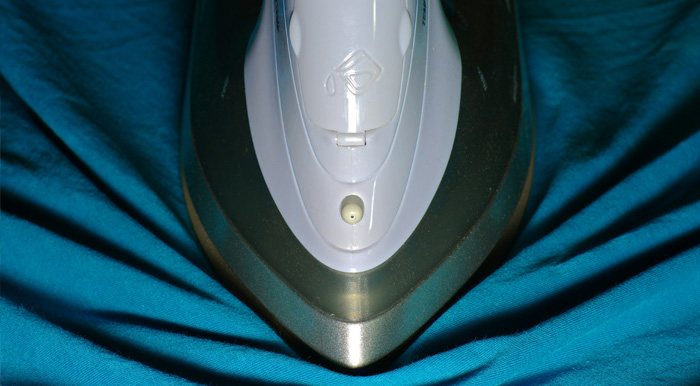In an ever-changing and competitive environment where consumer expectations of home appliances include not only quality but also, and most importantly, product safety, electromagnetic compatibility (EMC), and radio requirements, it is crucial for manufacturers to conduct the necessary testing as part of their product development process. In addition to radio and medical systems, household appliances, power tools, and similar appliances are among the most strictly regulated products in the world. In almost all markets around the world, EMC, radio and product safety requirements (including fire and flammability requirements) are regulated by law, and certifications or test and conformity markings are required, some of which include the CE mark (Europe), KC (Korea), PSE (Japan), RCM (Australia), FCC (USA), INMETRO (Brazil) and many others more.

In accordance with the strict requirements of the product standards for household appliances in their global target markets, our experts examine their electrical and mechanical safety, as well as radio and EMC properties. Our services cover the entire product life cycle: from the design phase to production and supply chains to shipping. In addition, our tailor-made services offer you a framework to meet local or international specifications, standards, guidelines and laws.
The complexity and detail of the standard requirements for household appliances and power tools is not only shown by the more than 100 so-called Particular Standards pertaining to product safety for individual types of appliances in the household environment. With regard to the requirements for electromagnetic compatibility (EMC), special information and definitions concerning the operating states and configurations to be tested are also listed in the EN 55014-1 (interference emission) and EN 55014-2 (interference immunity) standards for a wide variety of device types.
The latest editions of EN 55014-1 and EN 55014-2 (or international CISPR 14-1 and CISPR 14-2) show how individual devices have changed over time. The devices within the scope of these standards are divided into five different groups which determine the scope of the partial EMC tests to be conducted. While in the past a classic coffee machine, for example, only heated and pumped water, today there are fully automatic coffee machines as multifunctional devices that, among other things, can also preheat, keep warm, generate steam and also freshly grind coffee beans. According to the standard, each sub-function must be tested separately in defined periods of time. Since individual partial EMC tests last several hours, continuous operation must be possible on the device to be tested. This may require a specially configured test object. If a wide-range power pack is used for the global marketing of the device, the tests may have to be carried out with two different mains voltages. Devices with a speed controller (e.g. food processors, vacuum cleaners) must be tested at maximum and medium speeds.
Furthermore, due to the complexity and higher clock frequencies of the latest generation of devices, the testing of interference emissions and interference immunity is now required up to a frequency of 6 GHz (instead of only up to 1 GHz as previously). If the device also contains a radio module, as do, for example, modern kitchen appliances for control or for data transfer (recipes), this can further increase the complexity and scope of the partial tests to be conducted in connection with operating conditions.
In order to avoid surprises in terms of costs and turnaround time during qualification, the functions of the test object should be discussed in advance with the test laboratory. Apart from this, selective verification and validation tests are always a beneficial measure as part of the development process.
SGS services for the home appliance industry include:
- Audits and inspections to reduce your risks along the value chain
- International product certifications
- Training courses and seminars
- Risk-based partial tests (e.g. when importing from Asia)
- Chemical product testing for unwanted or banned substances, RoHS and REACH testing
- Document reviews
- Energy efficiency/ErP directive
- Verification and validation tests
- Performance tests and fit-for-use tests
- Skin and food contact tests
- Panel tests with qualified subjects or end users
- Tests according to European guidelines such as the Low Voltage Directive (LVD), RED (radio equipment), EMC, Machinery Directive for your CE marking and declaration of conformity
- Environmental and transport simulation tests
- Checking the labeling, packaging and operating instructions for correctness and comprehensibility
- Comparative product testing
As a global leader in inspection, testing, verification and certification, we are the ideal partner at your side to help you bring your products to market in compliance with the relevant regulations, to protect your reputation and to increase your competitive advantage.

Find out more about our range of tests for household appliances.
Contact
Armin Hudetz
t: +49 89 78 74 75-133
E-Mail: This email address is being protected from spambots. You need JavaScript enabled to view it.
Customer Service Team
t: +49 89 78 74 75-222
E-Mail: This email address is being protected from spambots. You need JavaScript enabled to view it.


